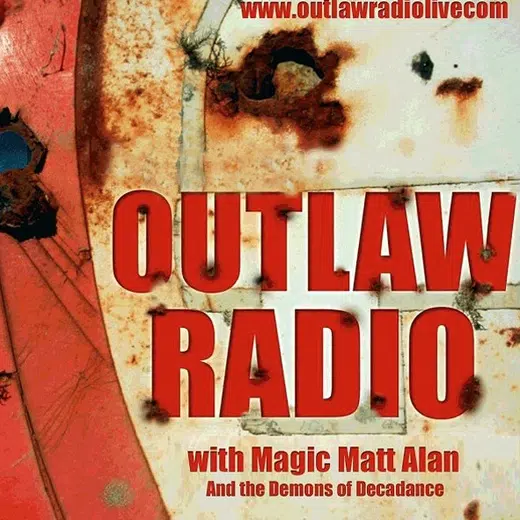(Reuters) – Governments across Europe are trying to navigate between avoiding spreading the coronavirus over the Christmas holiday season and allowing people to celebrate with family and friends.
Here are some measures that will be adopted for year-end festivities by some European countries:
GERMANY
Germany will close beauty salons and most stores, leaving only essential shops open, from Dec. 16 until at least Jan. 10, Chancellor Angela Merkel said on Dec. 13. Private gatherings will remain limited to no more than five people from two households, with rules to be eased over the Christmas holidays when up to 10 people will be allowed to gather, not counting children.
DENMARK
Restaurants, museums, cinemas and other cultural institutions will be closed in 69 of 98 municipalities, including Copenhagen, until Jan. 3, affecting almost 80% of the national population.
THE NETHERLANDS
Netherlands is expected to impose tougher coronavirus restrictions before Christmas with schools and shops to be closed for a month, according to Dutch Media. Previously, the government extended on Dec. 8 the limit of three adult visitors per household by one month until Jan. 15. Restaurants and bars will remain closed.
ITALY
Italians will not be able to attend a midnight mass on Christmas Eve and will be only allowed to move between regions in emergencies over the holiday period starting on Dec. 20. Swiss-Italian train routes were halted from Dec. 10 as the requirements for travel exceed the capacity of train personnel.
Pope Francis’s Christmas Eve Mass will start two hours earlier, allowing the limited number of people who can attend to be home by 10 p.m.
GREECE
Hair salons and bookstores will reopen during Christmas, other restrictions continuing until Jan. 7, with a curfew in place from 9 p.m. to 5 a.m. and restrictions on movement between regions until next month, the government said on Dec. 7.
It added that churches would open for the Christmas and Epiphany masses on Dec. 25 and Jan. 6, with a limited number of worshippers.
FRANCE
France will lift its stay-at-home order on Dec. 15 and replace it with a nightly curfew, which will be waived for Christmas Eve.
HUNGARY
Prime Minister Viktor Orban said on Dec. 7 there would be no New Year’s Eve celebrations. The country will maintain restrictions, including a 7 p.m. curfew, until at least Jan. 11.
PORTUGAL
There will be no limit on how many people will be able to gather per household for Christmas. The night-time curfew will be pushed back from 11 p.m. to 2 a.m. on Dec. 24 and Dec. 25. For New Year’s Eve, street parties will be banned and outdoor gatherings limited to a maximum of six people.
SPAIN
Up to 10 people per household will be allowed to gather for Christmas and New Year, relaxing the current rule that permits gatherings of up to six people.
Curfews will be pushed back to 1:30 a.m. from 11 p.m. on Dec. 24 and Dec. 31. Movement between regions will be banned between Dec. 23 and Jan. 6, except for visits to family.
NORWAY
Norwegians will be able to invite up to 10 guests into their homes on two separate occasions between Christmas and New Year. Outside those days, the current limit of up to five guests in one home will apply.
AUSTRIA
Skiing will be allowed from Dec. 24, but there will be no Christmas markets this holiday season.
BELGIUM
Belgian households will only be able to be in close contact with one extra person over Christmas. People living on their own will be able to meet two others. Fireworks will be banned on New Year’s Eve to limit gatherings and foreign travel is strongly discouraged.
IRELAND
Three households will be allowed to meet between Dec. 18 and Jan. 6, and the countrywide travel ban will be lifted for that period.
BRITAIN
Up to three households will be allowed to meet at home from Dec. 23 until Dec. 27. People will be able to meet in places of worship and in outdoor public places but not at indoor hospitality or entertainment venues. Shops will be allowed to stay open for longer over Christmas and in January.
CZECH REPUBLIC
The Czech government starting Dec. 18 will launch free, voluntary testing for all citizens using rapid-result antigen tests to make family visits over Christmas safer.
(Compiled by Elizaveta Gladun, Aida Pelaez-Fernandez and Veronica Snoj in Gdansk, Editing by Mark Potter, Tomasz Janowski, Toby Chopra, Kirsten Donovan and Mark Heinrich, William Maclean)




